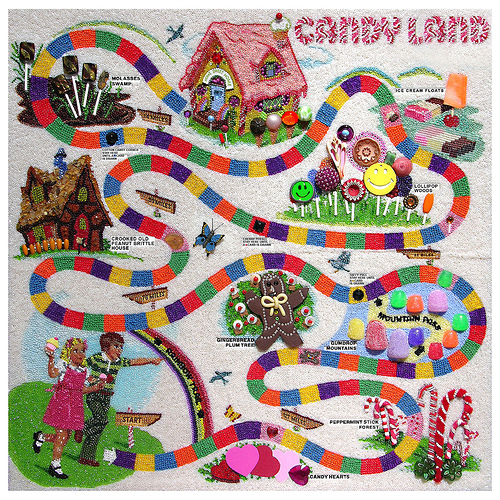This piece is reprinted from awhile back.
It’s tempting for anyone who writes about depression and anxiety to preach from hindsight, after he has “recovered” from his mood disorder: “This is what I did to free myself from addiction” … “Here are five steps to instant weight loss” … “These are eight techniques to cure anxiety.”
If you look at the list of New York Times bestseller advice books, such simple directives fill slots 1 through 20. Because no one wants to read the secrets of a person still struggling with her diet and exercise. After fifteen bloody weeks, she is still grossed out by sweat. Few people want to read a depression memoir that ends in a psych ward, with ECT.
Awhile back a friend sent me a great article called “Victory Over or Struggle With?” about the temptation for preachers to speak from a “victory over” perspective versus a more reflective, introspective “struggling with” point of view. Bob Kellemen, the author of the article, writes:
How often are we writing about our current struggles or our ongoing struggles with issues such as depression, anxiety … envy, jealousy, anger, and the like? How often do we preach about our current and ongoing struggles?
Stop for a moment before you say, “Oh, I just talked about how last year I battled …..” That’s part of our problem. We write and preach about the battle after we have won it. We talk about the valley once we are back on the mountaintop.
What effect might it have on our fellow strugglers if we talked about the battle during the battle—while we are still in the valley? How might it connect truth to life if we were honest enough to admit that we have lifelong, ongoing battles that we struggle with rather than that we always have “victory” over?
I am guilty of this myself. I am tempted to tie up all my struggles and angst with a lovely pink ribbon so that you will feel more hopeful about coming to a better place in your life. Look through my archives. It’s filled with “6 ways to ….” articles. However, whenever I have followed the advice of my former editor, Holly, and written from where I am, not from where I want to be, I am always amazed at the response from readers.
But it’s much, much harder to write from that place. Because it’s filled with ambiguity, uncertainty, restlessness, confusion, and embarrassment–for not having figured everything out. Most of us would like to present ourselves with much more direction, clarity, and single-mindedness because those traits are lumped in with success, not the former.
On most sites, I feel like I need to write posts filled with answers. But here, I think you actually appreciate my sincere questions, and maybe the fact that there is someone else out there who is just as perplexed by life’s crooked lines, and trying to put one foot in front of another in pursuit of a little sanity.
* Click here to subscribe to Beyond Blue and click here to follow Therese on Twitter and click here to join Group Beyond Blue, a depression support group. Now stop clicking.


